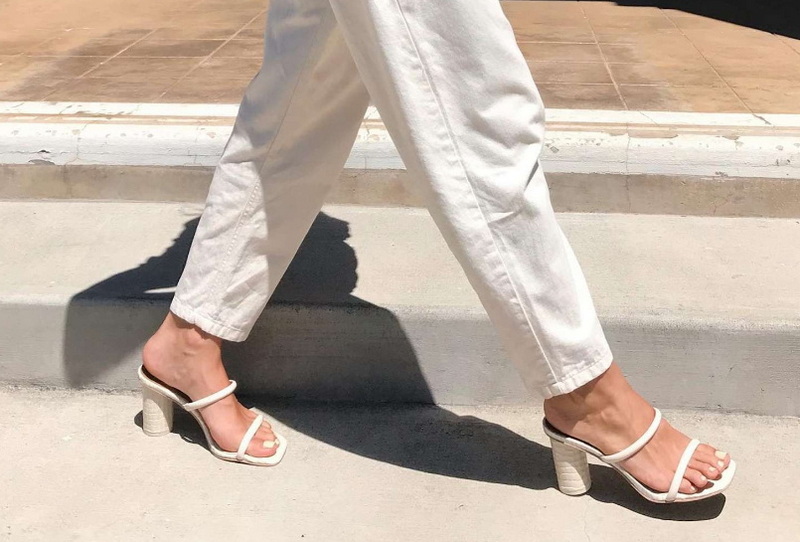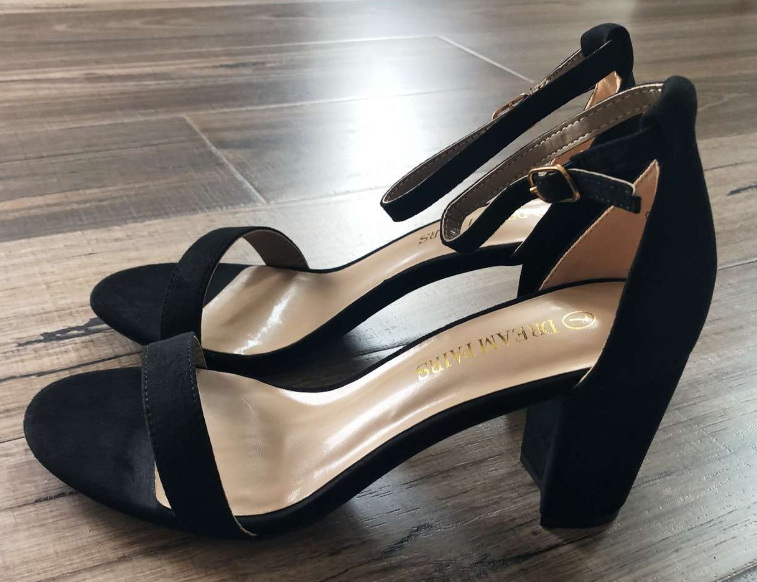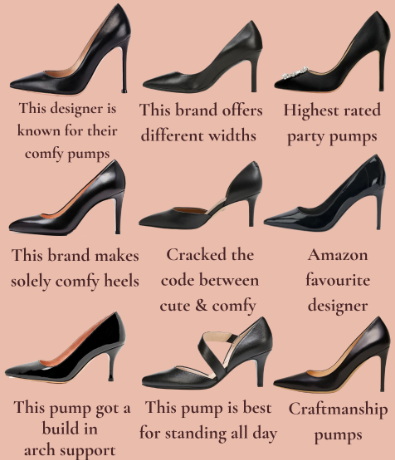Content Menu
● Origins and Etymology
● Cultural Context and Historical Usage
● Changing Attitudes and Reclamation
● In Popular Culture
>> Literature
>> Theatre
>> Television
● Linguistic Evolution and Modern Usage
● Impact on Women's Lives
● Conclusion
● FAQ
>> 1. Is the term "round-heeled woman" still used today?
>> 2. Are there male equivalents to the term "round-heeled woman"?
>> 3. How has the #MeToo movement affected perceptions of terms like "round-heeled woman"?
>> 4. Can the term "round-heeled woman" be considered empowering?
>> 5. How does the concept of a "round-heeled woman" relate to modern discussions about sex positivity?
● Citations:
In the realm of idiomatic expressions, few phrases carry as much historical weight and controversial connotations as "round-heeled woman." This term, deeply rooted in societal attitudes towards female sexuality, has evolved over time, reflecting changing perspectives on gender roles and sexual freedom. This article delves into the origins, meanings, and cultural impact of this phrase, exploring its journey from a derogatory slur to a reclaimed symbol of sexual liberation.

Origins and Etymology
The term "round-heeled" originated in the early 20th century, with its first recorded use dating back to the 1920s. The phrase draws its imagery from the world of boxing, where a fighter with "round heels" was considered easy to knock down[6]. This metaphor was then applied to women, suggesting that they were easily "knocked onto their backs" – a crude allusion to sexual promiscuity[1].
Cultural Context and Historical Usage
Throughout much of the 20th century, "round-heeled woman" was used as a derogatory term to describe women perceived as sexually promiscuous or morally loose[1]. This usage reflected the double standards of the time, where male sexual activity was often celebrated while female sexuality was stigmatized and controlled.
The phrase was particularly popular in men's dormitories and military barracks, environments known for their often misogynistic attitudes towards women[1]. It was part of a larger vocabulary used to categorize and judge women based on their perceived sexual behavior, including terms like "scarlet woman" and "woman of easy virtue."
Changing Attitudes and Reclamation
As societal attitudes towards sexuality began to shift, particularly during and after the sexual revolution of the 1960s and 1970s, the term "round-heeled woman" began to lose its sting. Some women even began to reclaim the phrase, turning it from an insult into a badge of sexual empowerment.
One notable example of this reclamation is Jane Juska's 2003 memoir "A Round-Heeled Woman: My Late-Life Adventures in Sex and Romance." In this book, Juska, a 66-year-old divorced woman, chronicles her experiences after placing a personal ad seeking sexual partners[3]. By using this term in her title, Juska subverted its original meaning, celebrating her sexuality rather than feeling ashamed of it.
In Popular Culture
The phrase "round-heeled woman" has made appearances in various forms of media, often used to explore themes of sexuality, aging, and societal expectations.
Literature
Apart from Juska's memoir, the term has been used in numerous literary works, often to characterize female characters or to critique societal attitudes towards women's sexuality.
Theatre
Juska's memoir was adapted into a stage play by British playwright Jane Prowse. Titled "A Round-Heeled Woman: the play," it starred Sharon Gless and ran in various theaters from 2010 to 2012[7].
Television
The phrase occasionally appears in television shows, often in dialogue meant to shock or provoke discussion about sexual double standards. For instance, in the popular sitcom "Two and a Half Men," the character Evelyn uses the term to describe another character, highlighting the show's often controversial approach to discussing sexuality[2].

Linguistic Evolution and Modern Usage
Today, the term "round-heeled woman" is less commonly used, and when it does appear, it's often in historical contexts or as a deliberate throwback to earlier attitudes. However, its legacy lives on in discussions about slut-shaming, sexual double standards, and the language we use to talk about sexuality.
It's worth noting that while some women have reclaimed the term, it remains offensive when used as an insult. The continued existence of such phrases in our lexicon serves as a reminder of the ongoing need for critical examination of the language we use and the attitudes it reflects.
Impact on Women's Lives
The concept of a "round-heeled woman" has had real-world impacts on women's lives throughout history. Women labeled with this or similar terms often faced social ostracism, damaged reputations, and limited opportunities. The fear of being perceived as "round-heeled" has influenced women's behavior, dress, and life choices for generations.
However, as societal attitudes have evolved, so too have women's responses to such labeling. Many women now reject the notion that their worth is tied to their sexual behavior, advocating for a more nuanced and respectful understanding of human sexuality.
Conclusion
The term "round-heeled woman" serves as a linguistic time capsule, encapsulating changing attitudes towards female sexuality over the past century. From its origins as a derogatory slur to its reclamation by some as a statement of sexual empowerment, the phrase reflects the complex and often contentious relationship society has had with women's sexuality.
As we continue to strive for gender equality and sexual freedom, it's crucial to examine the language we use and the attitudes it represents. While "round-heeled woman" may be fading from common usage, the discussions it provokes about sexual double standards, slut-shaming, and women's autonomy remain as relevant as ever.
By understanding the history and implications of such terms, we can work towards creating a more inclusive and respectful dialogue about sexuality for all genders. The journey of the "round-heeled woman" from insult to reclamation serves as a powerful reminder of the ability of language to both oppress and liberate.

FAQ
1. Is the term "round-heeled woman" still used today?
The term "round-heeled woman" is much less common in modern usage. When it is used, it's often in historical contexts or as a deliberate reference to outdated attitudes. However, it's important to note that the term can still be considered offensive and its use is generally discouraged in polite conversation.
2. Are there male equivalents to the term "round-heeled woman"?
Historically, there haven't been direct male equivalents to "round-heeled woman" that carry the same negative connotations. Terms used to describe sexually active men, such as "ladies' man" or "Casanova," often had positive or neutral connotations, highlighting the double standard in how society viewed male and female sexuality[1].
3. How has the #MeToo movement affected perceptions of terms like "round-heeled woman"?
The #MeToo movement has heightened awareness of sexual harassment and assault, leading to increased scrutiny of language that objectifies or stigmatizes women based on their sexuality. Terms like "round-heeled woman" are now more likely to be recognized as problematic and reflective of harmful attitudes towards women.
4. Can the term "round-heeled woman" be considered empowering?
Some women, like author Jane Juska, have reclaimed the term "round-heeled woman" as a way to assert their sexual autonomy and challenge societal norms[3]. However, whether a term can be empowering often depends on context and who is using it. It's generally considered offensive when used as an insult or by someone outside the group it describes.
5. How does the concept of a "round-heeled woman" relate to modern discussions about sex positivity?
The history of the term "round-heeled woman" provides a stark contrast to modern sex-positive movements. While the term was used to shame women for their sexuality, sex positivity advocates for the acceptance of all consensual sexual behaviors and identities. The evolution from terms like "round-heeled woman" to sex-positive language reflects broader societal changes in attitudes towards sexuality.
Citations:
[1] https://idioms.thefreedictionary.com/round+heels
[2] https://forum.wordreference.com/threads/round-heeled-daughter.841706/
[3] https://www.penguinrandomhouse.com/books/89114/a-round-heeled-woman-by-jane-juska/
[4] https://www.bridgemanimages.com/en-US/tristram-kenton/a-round-heeled-woman-photo/photograph/asset/3808991
[5] https://www.youtube.com/watch?v=lI_uBKwrleY
[6] https://www.thefreedictionary.com/round-heeled
[7] https://en.wikipedia.org/wiki/A_Round-Heeled_Woman:_the_play
[8] https://news.richmond.edu/features/article/-/10219/review-a-round-heeled-woman-sex-in-the-60s---the-age-not-the-decade.html
[9] https://www.youtube.com/watch?v=OYdZ58D-NLk
[10] https://www.youtube.com/watch?v=FXy-Yn3uePw

















